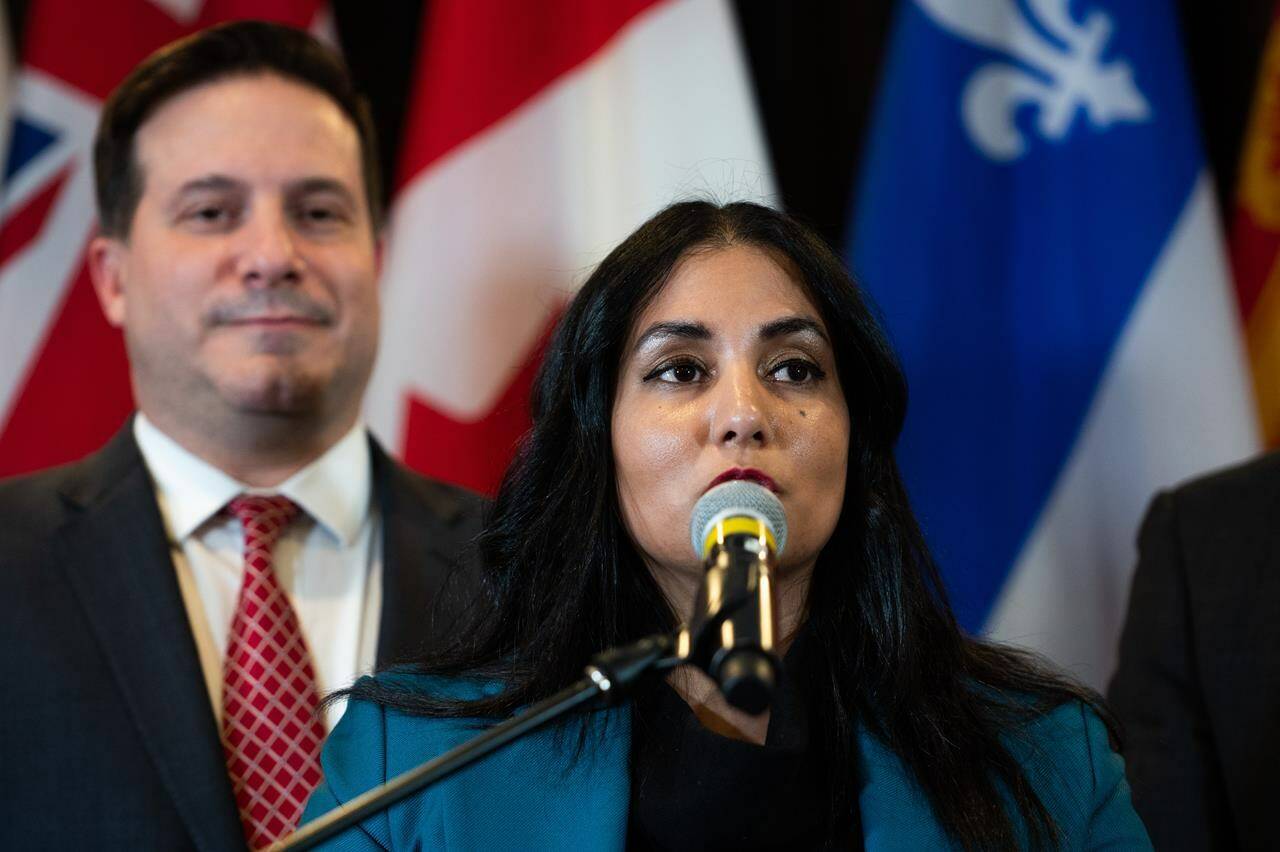The provincial government is challenging a court decision that has temporarily blocked legislation promising public safety but facing criticism for stigmatizing substance users.
B.C. Supreme Court Chief Justice Christopher Hinkson Dec. 29 had issued an injunction against the Restricting Public Consumption of Illegal Substances Act scheduled to come into effect on Jan. 1, following passage in late fall.
The injunction means that the law won’t come into effect until March 31 as it remains the subject of a Charter challenge.
The Harm Reduction Nurses Association, describing itself as a non-profit Canadian national organization with a “mission to advance harm reduction nursing through practice, education, research, and advocacy,” had filed for the injunction in late November. HRNA has also asked the B.C. Supreme Court to declare the law unconstitutional.
The court’s decision drew praise from advocates concerned about the stigmatization of drug users, but criticism from a range of voices.
Public Safety Minister Mike Farnworth said at the time of the initial ruling that government would assess its options – a step now completed – with Attorney General Niki Sharma announcing that government has decided to file a notice of appeal to overturn the court order.
“We are determined to keep doing everything we can to fight the toxic drug crisis and treat addiction as a health matter rather than a criminal one, while recognizing that drugs should not be used in a range of public places frequented by children and families,” she said. “It is our view that the Act addresses this.”
RELATED: Injunction against B.C.’s new public drug use law sparks mixed reaction
The bill restricts personal drug possession in public spaces in response to concerns among municipal leaders and others about B.C.’s trial exemption from federal illicit drug laws. The trial — which exempts from criminal penalties possession of up to 2.5 grams of certain illegal drugs for personal until Jan. 30, 2026 — started Jan. 31, 2023.
At the time, schools were deemed off-limits. New measures enacted Sept. 18 expanded the exclusion zone to playgrounds, spray and wading pools, and skate parks. The legislation confirms these exclusion zones and expands them. Similar to regulations for smoking, cannabis and alcohol use, it prohibits drug use at sport fields, beaches, parks, outdoor recreation spaces, public entrances and bus stops.
But Hinkson said in his ruling granting the temporary injunction that the legislation “poses a sufficiently high probability of irreparable harm” by pushing drug users into places where it will be less safe to consume drugs.
“It is apparent that public consumption and consuming drugs in the company of others is oftentimes the safest, healthiest, and/or only available option for an individual, given a dire lack of supervised consumption services, indoor locations to consume drugs, and housing,” he said.
READ MORE: Eby underscores ‘fundamental’ disagreement with B.C. chief coroner on safe supply
@wolfgangdepner
wolfgang.depner@blackpress.ca
Like us on Facebook and follow us on Twitter.

